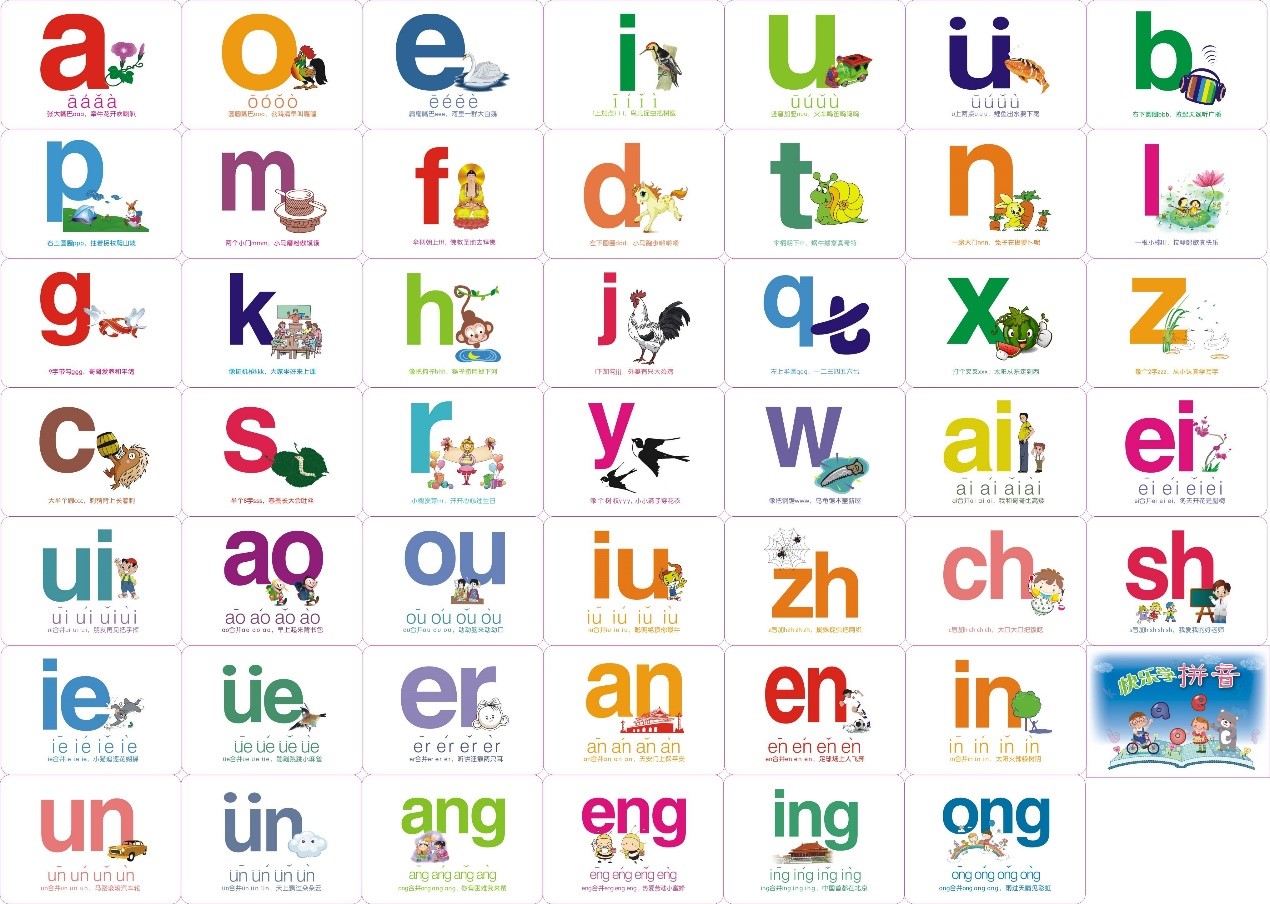Four tips for learning Chinese Pinyin
Pinyin is the basis of learning Chinese. It is particularly important to practice oral English for learning Chinese characters. In order to master Pinyin in a short time, you can refer to the following four learning skills.

Find similarities to make it easier to get started with Pinyin
Compare the pronunciation of initials and vowels in Chinese Pinyin with that of English letters to find out their similarities and help understand and remember. For students with zero basic Chinese, some pronunciation is easy to be confused with the pronunciation of English letters. If pinyin can be matched with the pronunciation of English letters, it will make Pinyin learning easier all of a sudden.
Play games to make Pinyin learning more effective
In the process of learning Pinyin, the game of "looking for friends" is used for teaching, and the effect is good. The teacher can divide the students into two groups. One group represents the initials and the other group represents the finals. The teacher tells the students the initials and finals that will be used.
Each student chooses the letter they want to represent. The teacher reads Pinyin. The two students involved first pair up and read the letters they represent respectively, and then read the syllables combined with initials and vowels at the same time. In the relaxed environment of the game, the students are more aware of the composition of Pinyin, and further consolidate the initials, finals and tones.
Sing songs to make Pinyin improvement more interesting
Find some English songs that students are familiar with. They are easy to speak when learning songs. They will not distract their attention from the pronunciation of lyrics because they need to be familiar with the music. They can focus more on the pronunciation of lyrics and enjoy the fun of learning Pinyin.
For example, the lyrics of my little star song are short, but it involves a lot of complex syllables. Like the English song "Twinkle, twinkle, little star", this song can sing the whole song more accurately immediately after being familiar with the pronunciation of each word for a short time.
Tongue twisters make Pinyin reinforcement not monotonous
Practicing simple tongue twisters can help students strengthen their memory of easily confused initials or finals, and enhance the interest of Pinyin learning.
In this link, first understand the meaning of each tongue twister, practice in class, record the tongue twister you read after class, and repeat it several times, then you can make the tongue twister sound like a model.
Global Mandarin is one to one Chinese Learning online School for you to get more good experience to learning Chinese, help you to get more funny and interesting knowledge at your Chinese pinyin class.